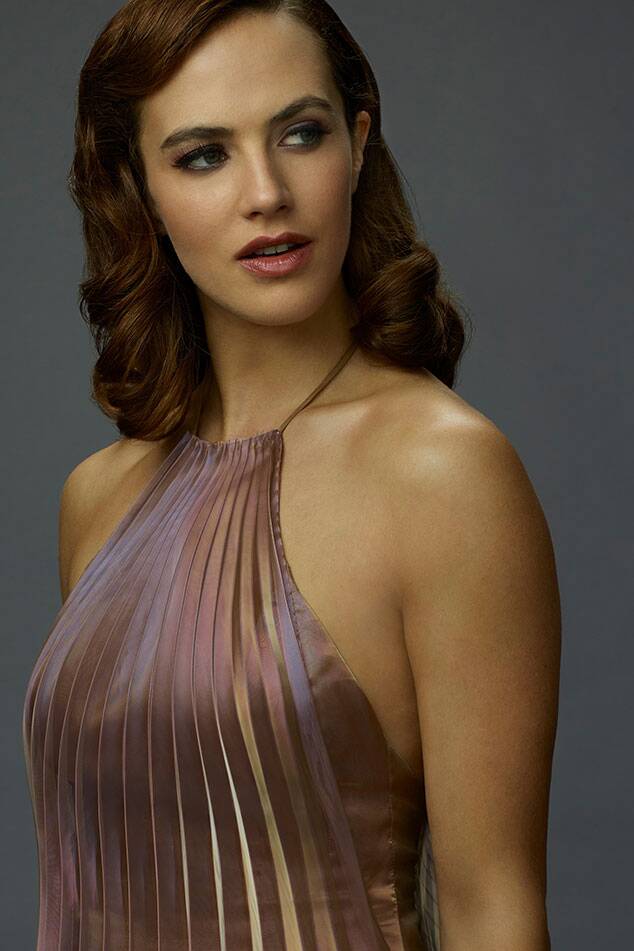

Wells, including A Modern Utopia (1905), and as a parody of Men Like Gods (1923). Huxley said that Brave New World was inspired by the utopian novels of H. The family system will disappear society, sapped at its very base, will have to find new foundations and Eros, beautifully and irresponsibly free, will flit like a gay butterfly from flower to flower through a sunlit world." In vast state incubators, rows upon rows of gravid bottles will supply the world with the population it requires. Scogan, one of the earlier book's characters, describes an "impersonal generation" of the future that will "take the place of Nature's hideous system. Brave New World was Huxley's fifth novel and first dystopian work.Ī passage in Crome Yellow contains a brief pre-figuring of Brave New World, showing that Huxley had such a future in mind already in 1921. He was a contributor to Vanity Fair and Vogue magazines, and had published a collection of his poetry ( The Burning Wheel, 1916) and four successful satirical novels: Crome Yellow (1921), Antic Hay (1923), Those Barren Leaves (1925), and Point Counter Point (1928). By this time, Huxley had already established himself as a writer and social satirist. Huxley wrote Brave New World whilst living in Sanary-sur-Mer, France, in the four months from May to August 1931. The first Standard Chinese translation, done by novelist Lily Hsueh and Aaron Jen-wang Hsueh in 1974, is entitled "美麗新世界" ( Pinyin: Měilì Xīn Shìjiè, literally "Beautiful New World"). Translations of the title often allude to similar expressions used in domestic works of literature: the French edition of the work is entitled Le Meilleur des mondes ( The Best of All Worlds), an allusion to an expression used by the philosopher Gottfried Leibniz and satirised in Candide, Ou l'Optimisme by Voltaire (1759). Indeed, the next speaker replies to Miranda's innocent observation with the statement "They are new to thee." Shakespeare's use of the phrase is intended ironically, as the speaker is failing to recognise the evil nature of the island's visitors because of her innocence. William Shakespeare, The Tempest, Act V, Scene I, ll.


 0 kommentar(er)
0 kommentar(er)
